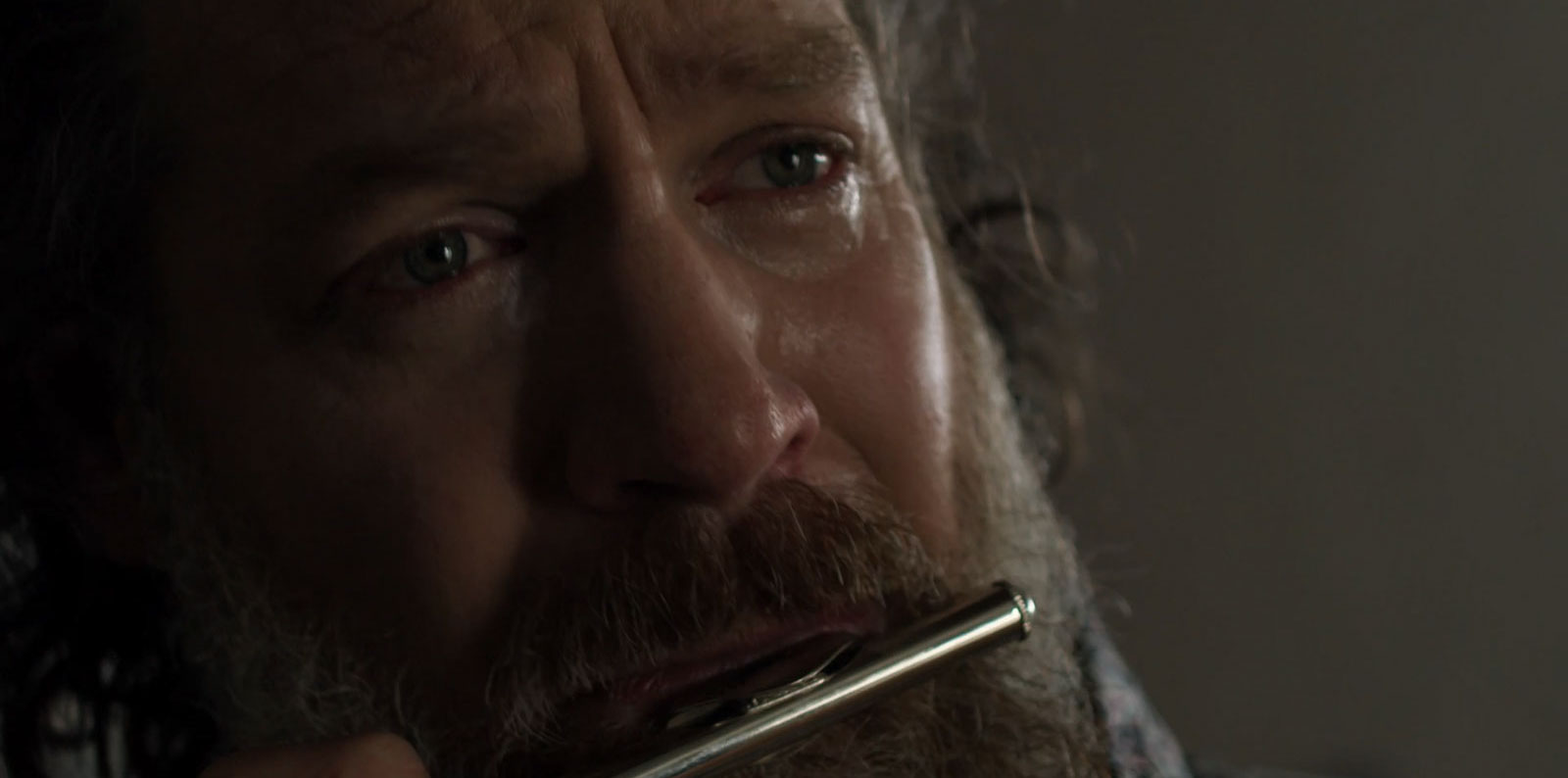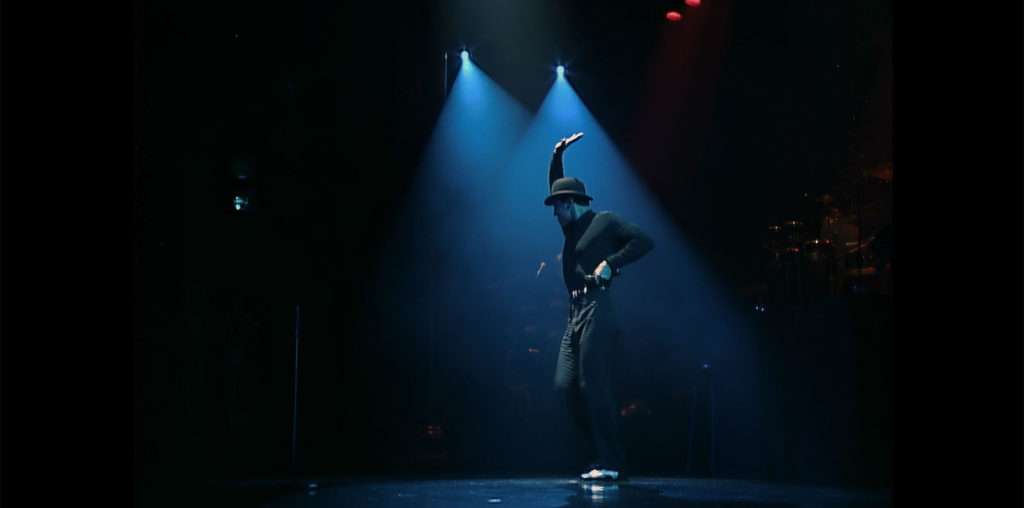
Les, a desperately lonely, low-rate paparazzi, spends his life arranging to get into parties, trying to talk his way into the limited-access areas of the ones he can get into and, when all else fails, trying to leave with as many gift bags as possible. Toby, a sweet homeless kid who thinks he might have what it takes to be an actor, has a life that makes Les look accomplished. He wanders around and sleeps in a dumpster or on the subway, until his big break comes and he gets to work as Les’ assistant without pay. In exchange, Les cleans out a storage cabinet so that Toby can have a “private room.”
Such is the absurd satirical whimsy of Tom DiCillo’s “Delirious,” a satire on the two sides of the fame lens that thrives on great performances from Steve Buscemi and Michael Pitt. Even when the film tries to do too much or goes overboard with its plot developments, they continue to get laughs as their characters journey through an unlikely and rocky friendship.
As the unpleasant and insecure Les, Buscemi constantly insists that he isn’t a “peon,” but a big-shot, professionally licensed photographer. His office—which doubles as his living quarters—however, suggests otherwise. So do his unsupportive parents, who wish he’d stop harassing those poor celebrities. He spends most of his time trying to convince his colleagues and anyone else who’ll listen is that he is an important person.
Part of Les’ stagnation in status comes from his inability to accept the success of anyone else around him. When he introduces Toby to some girls at a party and Toby has success hitting on a casting director (Gina Gershon), Les immediately calls the night to a halt, even though wasn’t doing too bad with the women either.
The reason Les helps out Toby in the beginning is the most intriguing part of his character. After a brief meeting, the kid shows up at his house looking for a place to spend the night. Sure, being able to say he has an assistant raise’s Les’ professional status, but that idea comes later. Buscemi plays the scene to suggest his a hidden compassion and deep need for friendship under his flustered character’s annoyance.
Toby is a simpler character at heart—good natured and trusting by nature—but slowly becomes wiser through his experience with Les. His one weakness is clear from the beginning: the spell of a celebrity fairy tale romance. He falls under the enchantment of K’Harma (Alison Lohman), a teen music sensation and paparazzi target who lives in seclusion with a couple of sycophantic assistants. She and Toby exchange glances early on, when he tips her handler off to the paparazzi’s position, and the jarring cuts to scenes of her backstage life signal that something exciting is going to happen with her.
The story’s surprises range from clever to annoying, but DiCillo manages to hold it all together with his consistently amusing cast members, who make you laugh at their characters’ self-absorbed folly.

